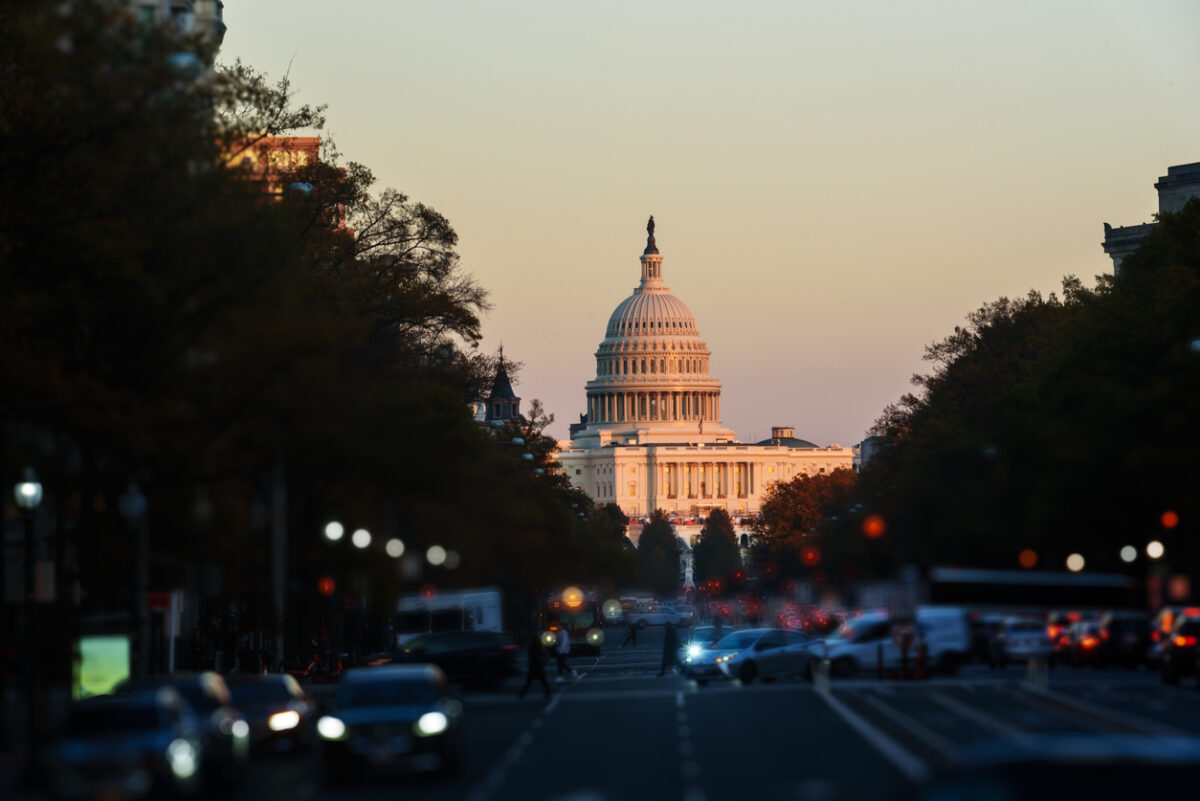Reducing Poverty through Higher Education
Published Jun 23, 2014
Even in the midst of our nation’s economic uncertainty and growing rates of unemployment, most Americans have a dogged optimism of the future. According to a recent Pew report, 62 percent think their economic situation is going to improve next year.
This is especially true for young people from low-income backgrounds who want to move beyond the financial constraints within which they have lived to experience economic freedom and rewards. But the transition from hope to reality for social mobility among poor young adults remains daunting.
One pathway, in particular, that can make a difference between a lifetime of poverty and a secure economic future is higher education.
Obtaining a college degree or other advanced credential has proven to be a critical factor in producing both individual and societal benefits. It is often education that breaks generational cycles of poverty. Yet it is troubling to know that 1 in 10 impoverished young adults who have a postsecondary degree still fail to immediately get out of poverty. This is an alarming trend because these students already face greater academic and financial risks than their more well-off peers when attempting to complete college.
Who are these low-income young adults? According to our recent report at the Institute for Higher Education Policy (IHEP), A Portrait of Low-Income Young Adults in Education, there are 35.2 million low-income young adults in the United States who are between the ages of 18 and 26, and whose parents’ income or their own (if financially independent) is up to 200 percent of the federal poverty level.
These young people are also more likely to be Native Americans, Blacks, and Hispanic (59 percent, 57 percent, and 47 percent, respectively) compared to their White and Asian peers (47 percent and 40 percent, respectively).
Encouragingly, nearly 47 percent of low-income young adults were currently or previously enrolled in higher education in 2008.
For many low-income young adults, pursuing a college degree involves taking bold steps toward bridging education, careers, and employment. And from a national perspective, higher education success among poor young people puts us closer to achieving our national college completion goals or enjoying the anticipated economic boost that a more educated workforce will generate.
Despite the promise that comes with a college degree, how is it that some of our low-income young adults who complete a higher education nonetheless struggle afterwards?
I would point to three considerations:
- Degree Value: Clearly, not all degrees are created equal, nor the types of institutions where these credentials have been conferred. Students’ programs of study and their majors matter, too, as does post-college choices, such as the type of industry and/or occupation pursued, the fit of the degree and employment, etc.
For example, we’ve spent the last few years studying the “Bologna Process”—Europe’s process for standardizing and establishing accountability criteria for their higher education systems. This method’s goal is to make student learning outcomes transparent to gain a true understanding of the degree’s actual value. Unfortunately, only a handful of U.S. higher education systems have begun work to examine the impact of elements from the Bologna Process on American students
- Labor Market Issues and Concerns: Another explanation some have offered is that, if there is not sufficient demand in a local labor market for young adults with a college degree, then the economic benefits will not be immediately realized. Or perhaps low-income young adults’ earnings may reveal their first involvement with the labor market rather than reflecting their true potential or the impact of their education. One answer could be a lack of geographical mobility
- Economic Recession: The economic recession has exacerbated the financial challenges many low-income families already face. While a college degree continues to be a strong long-term investment, many Americans currently find themselves either unemployed or underemployed. The national unemployment rate currently stands at 9.5 percent (14.6 million Americans), which is actually lower than the rate in areas like Nevada and Michigan. Because future economic conditions are not fully predictable, it’s hard to ascertain the length and full impact that this recession will have on the employment prospects of degree holders. Nevertheless, the Bureau of Labor Statistics occupational projects confirm that the jobs of the future will require at least some postsecondary education
This is not an exhaustive list, but it's clear that several factors have hindered the economic opportunities that usually come with a post-secondary degree.
Despite these obstacles, ensuring that students graduate from our colleges and universities with a sound college degree or credential remains imperative, not only because it can enhance the labor market and social fabric of society, but because for many individuals it can be a pathway out of poverty.
With President Obama calling for increased college completion rates as a national priority and an economic necessity, our future prosperity seems to rest on the shoulders of low-income young adults. This requires support from both policymakers and the higher education community to focus on innovative and systemic efforts to ensure greater postsecondary educational access and success among low-income young adults.
Pursuing new approaches during a recession will be difficult. But to foster change, we must prioritize our government and institutional resources to address the expected shortage in the share of the college educated populace as well as alleviate the financial distress low-income young people are facing.
Although there is growing income inequality and slower economic growth occurring in the U.S right now, we must remain vigilant in our efforts to help those who have made good educational investments reap the rewards they expect and deserve.
Michelle Asha Cooper, Ph.D., is the president of the Institute for Higher Education Policy, an independent, nonprofit organization that is dedicated to increasing access and success in postsecondary education around the world.
– See more at: http://www.spotlightonpoverty.org/ExclusiveCommentary.aspx?id=b550d3c5-42e3-4bde-a08c-21d14f26f493#sthash.otLvooMU.dpuf


